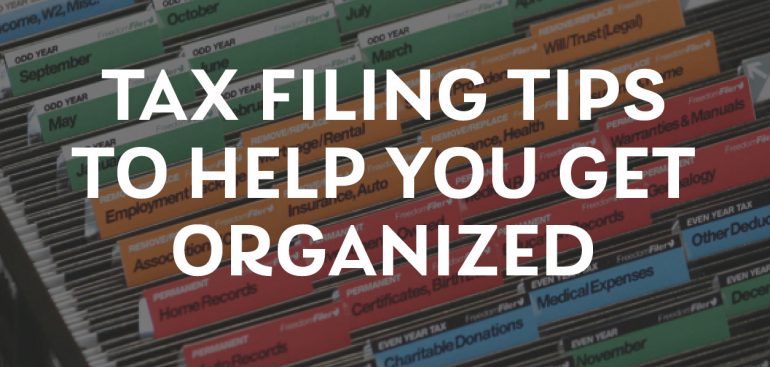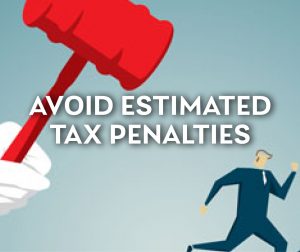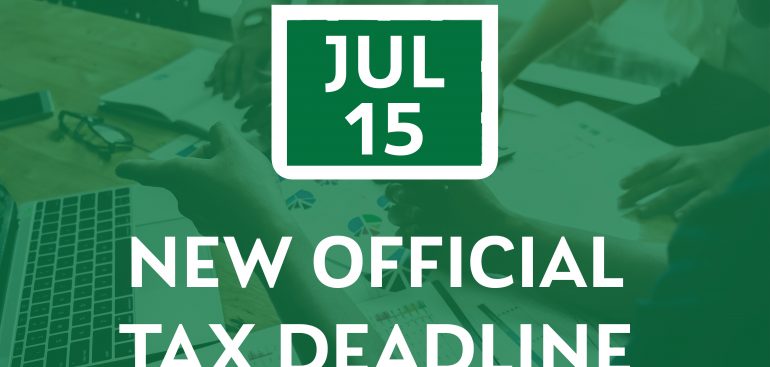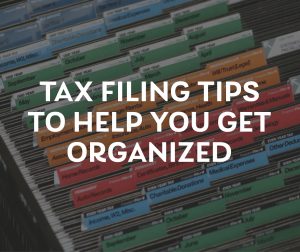Did you know that summer camp expenses are tax-deductible in some cases? During summer, many American children spend time at camps of various kinds. Although these recreational camps may be rather expensive, you might be able to get a tax credit for these expenses. Let’s take a look at the conditions under which you can claim summer camp expenses on your tax return:
Conditions under which summer camps can be tax-deductible: 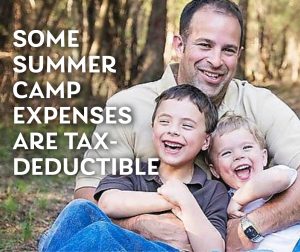
When the camp functions as daycare
If you send your children to summer day camp, you should be able to deduct expenses under the provisions of Child and Dependent Care Credit. This is valid for children under the age of 13 at the end of the relevant tax year. For disabled dependents, there is no age limit. The reasoning behind this condition is that you are not sending your children away merely for their pleasure, but you are putting them in the care of other responsible guardians who can look after them while you are working.
If there is no one in the household to care for the children at home when school is out
If your spouse or partner is at home and can take care of the children when they are not in school, you won’t be able to claim these tax deductions. If you and your spouse or partner are both at work or school, then you may qualify for tax credit or deductions.
They have to attend camp at a real institution
Unfortunately, you can’t just send your kids over to play at the neighbors and qualify for tax deductions. To qualify, you need to make a payment to a recognized person, facility, or organization. When you do your return, you need to furnish details, including the address and identifying number.
The cost of transport isn’t automatically included in deductions
Unless the transport cost is included in the fees, you won’t be able to deduct the costs expended on getting your children to and from the campsite or location. If the camp fee includes transport, then you may qualify for the tax credit.
Did you know that you can get tax credits between 20% and 35% of what you spent on daycare? The tax credit you may qualify for depends on the number of children and your AGI (adjusted gross income). At Georgen Scarborough Associates, PC, we can help you to make sense of all these conditions and limits.
For assistance on your tax refund, contact our tax experts to discuss tax deductions and other tax tips.


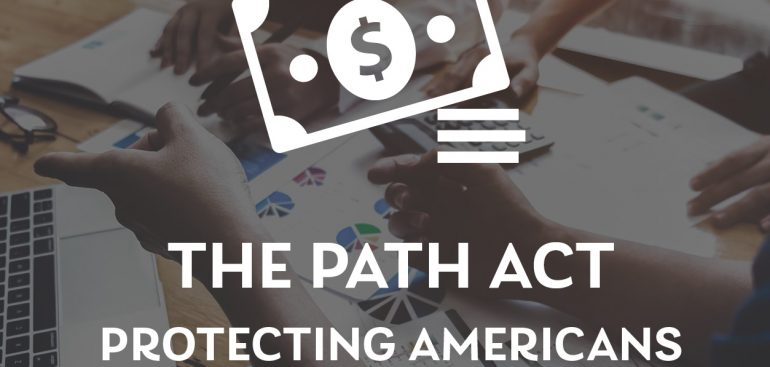




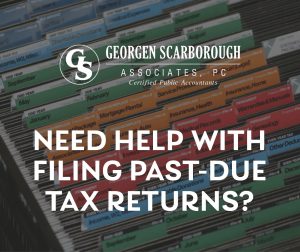
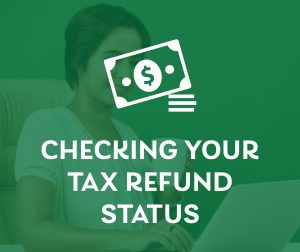 Checking Your Tax Refund Status
Checking Your Tax Refund Status

